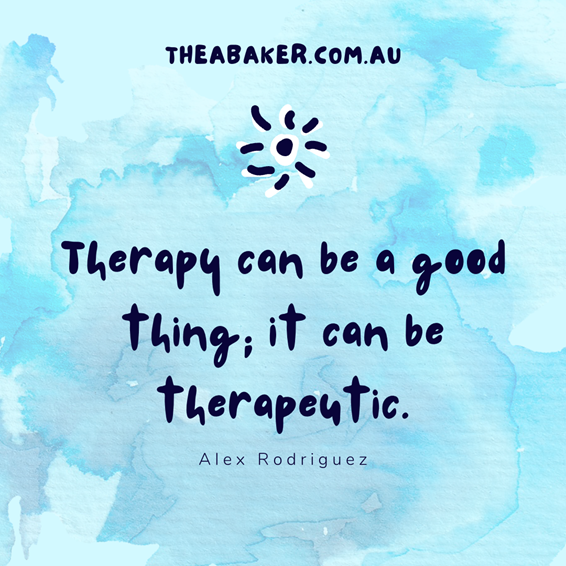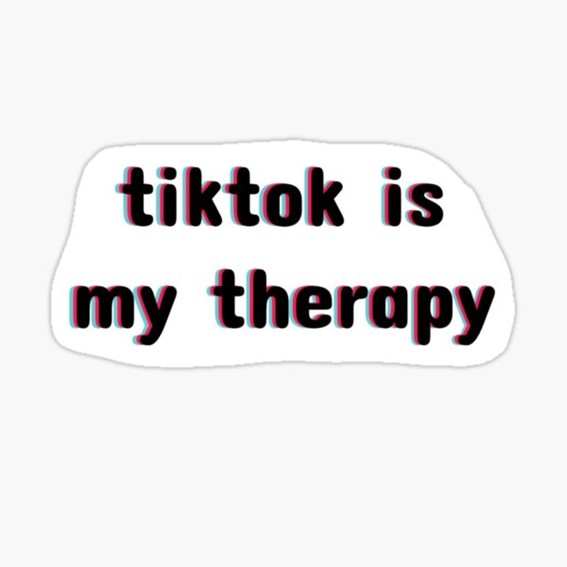What is therapy?
What is therapy? As a registered, professional Clinical Counsellor and Psychotherapist, with personal (and company) values that are grounded in authenticity and integrity, it matters deeply to me that I practice in evidence-based forms of therapy. That means a few things.
It means I am:
- Committed to my professional development (and within any 12-month period undertake many hours of training and development in my field).
- Committed to working with modalities (types) of therapy that have been scientifically evaluated (both quantitative and qualitative) as effective for the sorts of mental health challenges that my clients are struggling with.
- Committed to working with clinical supervisors to support my practice, my client’s needs and to essentially ensure that I’m not missing anything!
- Committed to working within my professional scope of practice – which means if I am not the best person to support my client and their needs, I either work with someone else who can fill that gap, or I help them find someone better suited to providing that support.
Hopefully you can tell that it matters deeply to me that I practice ethically and from a place of transparency about how I work. There are a few things though that irk me in this space, and I get on my soapbox when I feel people are unhelpfully being misled. This matters because I believe that good therapy can be transformational and can support the healing needed from the very worst of experiences, but that bad therapy can be very damaging and to my mind is unacceptable.  What even is therapy? The term therapy has kind of crept into our language here in Australia, I think in part because of the influence of American approaches to psychological support / treatment. It’s really a shortening of the term psychotherapy. I like this clarification of therapy from my professional body’s website (PACFA – Psychotherapy and Counselling Federation of Australia): “Therapy is the process of meeting with a counsellor or psychotherapist for the purpose of resolving problematic behaviours, beliefs, feelings, and related physical symptoms. Therapy uses an interpersonal relationship to help develop the client’s self-understanding and to make changes in his or her life. Although counselling and psychotherapy overlap considerably, there are also recognised differences. While the work of both Counsellors and Psychotherapists with clients may be of considerable depth and length, the focus of Counselling is more likely to be on specific problems, changes in life adjustments and fostering the client’s wellbeing. Psychotherapy is more concerned with the restructuring of the personality or self and the development of insight.” (If you’d like a fuller understanding of the key differences between counselling and psychotherapy, click HERE.) So, Counsellors, Psychotherapists and Psychologists all provide therapy in different ways, depending on a whole range of things like the sorts of modalities that they’ve been trained in (EMDR, DBT, CBT, ACT, Schema Therapy, Narrative Therapy, Play Therapy are all modalities), the kinds of people that they work with and the issues that they are struggling with, and also their own interest field / focus. It’s super important that not only do you feel connected to the human that is your therapist (do you vibe with them?) but also that they have experience with people who have the same kind of stuff going on as you AND that they use appropriate modalities to work with those issues. For example, EMDR is a very effective (supported by empirical research) modality to work with event-based trauma. Some modalities e.g., Narrative Therapy aren’t as effective for trauma (but are for other issues). Where does it get blurry? I believe that ‘therapy’ can come in many forms. The research I’m conducting for my PhD (and my nerdy-happy-research-place) is looking at where (trauma-informed) physical activity can help support mental health. I believe that for some people therapy doesn’t work so well sitting on a couch in a room talking through their painful experiences, and that for some people walking in nature and talking is more therapeutic. For others, group spaces – that social connection piece – plays a really therapeutically important role. I also think that therapy can look like listening to other’s experiences, learning from others and the associated impact of normalising experiences. But – and of course there is a ‘but’ – all of these elements that may contribute therapeutically (in some groups of people and for some mental health conditions) share something in common: they have all been researched! Things can get blurry when (usually) well-meaning people take well-researched pieces of information and apply it in ways / places / spaces where it isn’t therapeutic anymore. Without wanting to end up with a ton of online enemies this means that ‘coaching’ isn’t therapy, though often utilises approaches that have been derived from therapeutic modalities and can be super helpful for some people and in some situations. Oh, and it also means TikTok isn’t therapy, but it can sometimes provide opportunities for therapeutic learning, insight and connection to others navigating similar painful experiences.
What even is therapy? The term therapy has kind of crept into our language here in Australia, I think in part because of the influence of American approaches to psychological support / treatment. It’s really a shortening of the term psychotherapy. I like this clarification of therapy from my professional body’s website (PACFA – Psychotherapy and Counselling Federation of Australia): “Therapy is the process of meeting with a counsellor or psychotherapist for the purpose of resolving problematic behaviours, beliefs, feelings, and related physical symptoms. Therapy uses an interpersonal relationship to help develop the client’s self-understanding and to make changes in his or her life. Although counselling and psychotherapy overlap considerably, there are also recognised differences. While the work of both Counsellors and Psychotherapists with clients may be of considerable depth and length, the focus of Counselling is more likely to be on specific problems, changes in life adjustments and fostering the client’s wellbeing. Psychotherapy is more concerned with the restructuring of the personality or self and the development of insight.” (If you’d like a fuller understanding of the key differences between counselling and psychotherapy, click HERE.) So, Counsellors, Psychotherapists and Psychologists all provide therapy in different ways, depending on a whole range of things like the sorts of modalities that they’ve been trained in (EMDR, DBT, CBT, ACT, Schema Therapy, Narrative Therapy, Play Therapy are all modalities), the kinds of people that they work with and the issues that they are struggling with, and also their own interest field / focus. It’s super important that not only do you feel connected to the human that is your therapist (do you vibe with them?) but also that they have experience with people who have the same kind of stuff going on as you AND that they use appropriate modalities to work with those issues. For example, EMDR is a very effective (supported by empirical research) modality to work with event-based trauma. Some modalities e.g., Narrative Therapy aren’t as effective for trauma (but are for other issues). Where does it get blurry? I believe that ‘therapy’ can come in many forms. The research I’m conducting for my PhD (and my nerdy-happy-research-place) is looking at where (trauma-informed) physical activity can help support mental health. I believe that for some people therapy doesn’t work so well sitting on a couch in a room talking through their painful experiences, and that for some people walking in nature and talking is more therapeutic. For others, group spaces – that social connection piece – plays a really therapeutically important role. I also think that therapy can look like listening to other’s experiences, learning from others and the associated impact of normalising experiences. But – and of course there is a ‘but’ – all of these elements that may contribute therapeutically (in some groups of people and for some mental health conditions) share something in common: they have all been researched! Things can get blurry when (usually) well-meaning people take well-researched pieces of information and apply it in ways / places / spaces where it isn’t therapeutic anymore. Without wanting to end up with a ton of online enemies this means that ‘coaching’ isn’t therapy, though often utilises approaches that have been derived from therapeutic modalities and can be super helpful for some people and in some situations. Oh, and it also means TikTok isn’t therapy, but it can sometimes provide opportunities for therapeutic learning, insight and connection to others navigating similar painful experiences.  This all matters because when we are in pain and are hurting, we desperately want to not feel like that anymore, we will search in all sorts of places for relief and healing. Most especially when we are feeling at our very worst it is extra important to do our due diligence about how and where we go about our healing. If you would like to explore whether the kind of therapy we do at Thea Baker Wellbeing, please get in touch with us at: www.theabaker.com.au / hello@theabaker.com.au / 03 9077 8194.
This all matters because when we are in pain and are hurting, we desperately want to not feel like that anymore, we will search in all sorts of places for relief and healing. Most especially when we are feeling at our very worst it is extra important to do our due diligence about how and where we go about our healing. If you would like to explore whether the kind of therapy we do at Thea Baker Wellbeing, please get in touch with us at: www.theabaker.com.au / hello@theabaker.com.au / 03 9077 8194.
